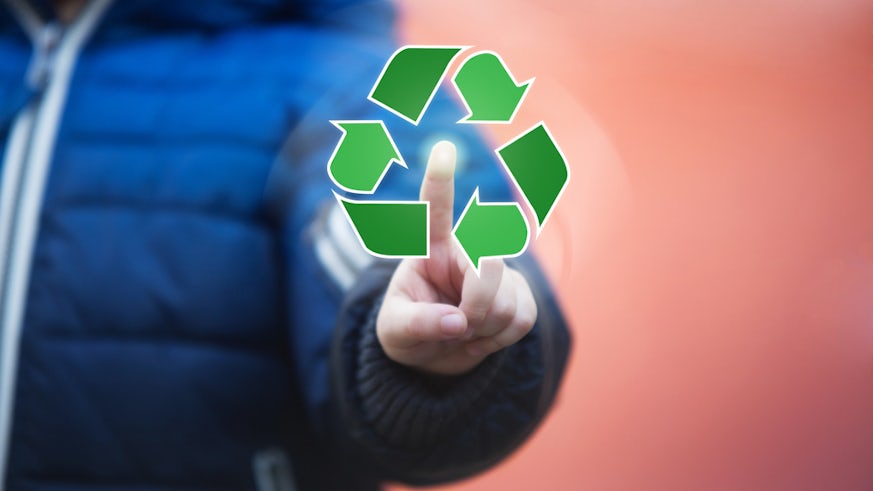What will happen to waste?
4 April 2017

As the UK Government triggers the start of the ‘Brexit’ process, Cardiff academics examine implications for waste and resource policy.
Professor Richard Cowell, Dr Andrew Flynn and Nick Hacking have just concluded six weeks’ research for the ESRC entitled UK Environmental Governance Post-Brexit: What Will Happen to Waste? This research examines to what degree that waste and resources policy might be under threat.
Speaking about the research Richard said: “Following the vote to leave the Europe Union on June 23 2016, a period of unprecedented uncertainty for the way that environmental problems are governed in the UK was triggered. In few areas of environmental policy could the potential changes be as profound as in the waste and resources management sector.”
Since the EU’s first interventions in the sector in the 1980s, the UK’s management regimes for waste and resources have been transformed. There has been an accumulation of legislation and policy which has helped drive the diminished use of landfill, tighter environmental protections around the handling of waste, and measures to push management towards productive re-use of the resource content of waste. EU policy is widely seen as combining the prospects of continued improvements in environmental sustainability with relative stability and consistency in institutional arrangements.
Scenarios for the future become very important in this time of upheaval. However, there is also a need to look more systemically both at whether certain scenarios are desirable and whether – and under what conditions - they are likely to become reality. This was achieved with this project through effective knowledge exchange with 16 waste stakeholder interviews, an Impact and Engagement workshop presentation held at the University on March 30th and a focus group held near the Houses of Parliament on March 31st. A briefing note will be circulated to a new knowledge network made up of study contributors, workshop and focus group attendees and our professional partner, the Chartered Institute of Wastes Management (CIWM).
Funding was received from the University’s Impact Acceleration Scheme.

